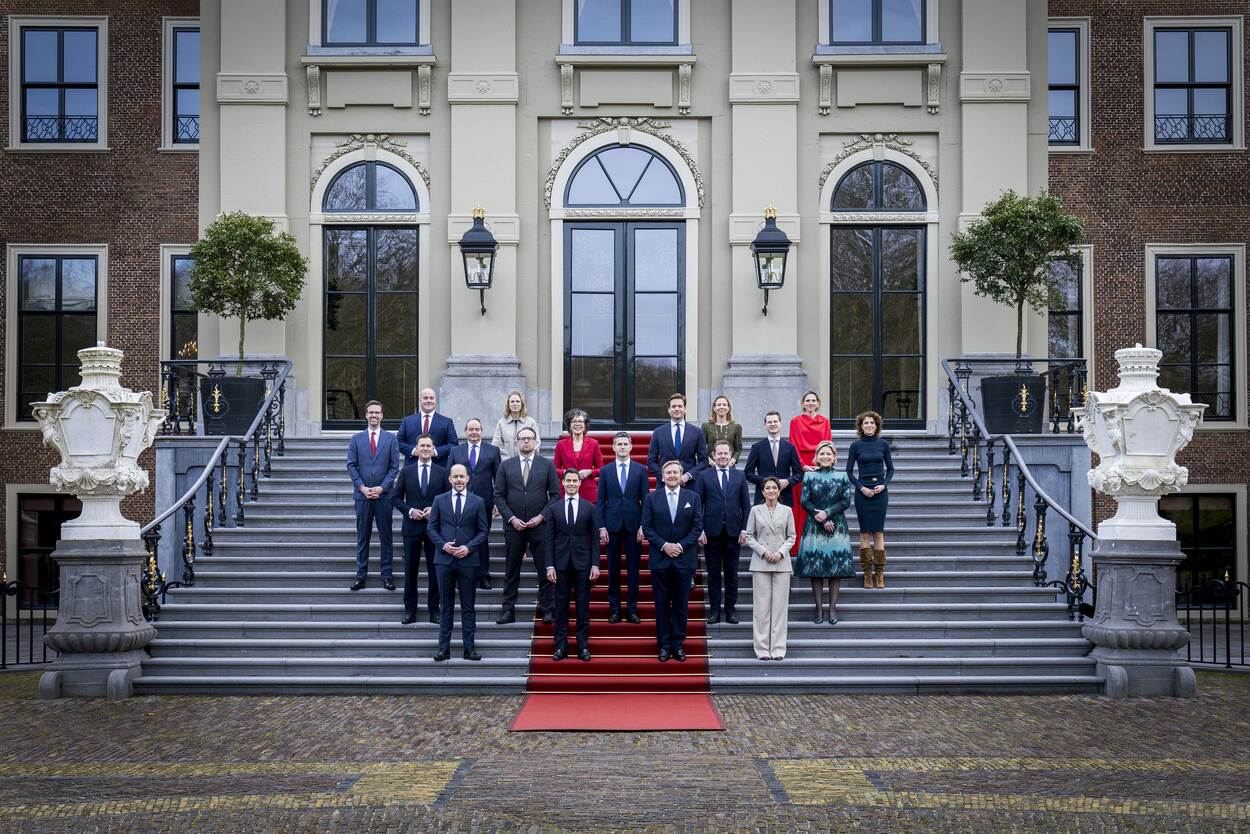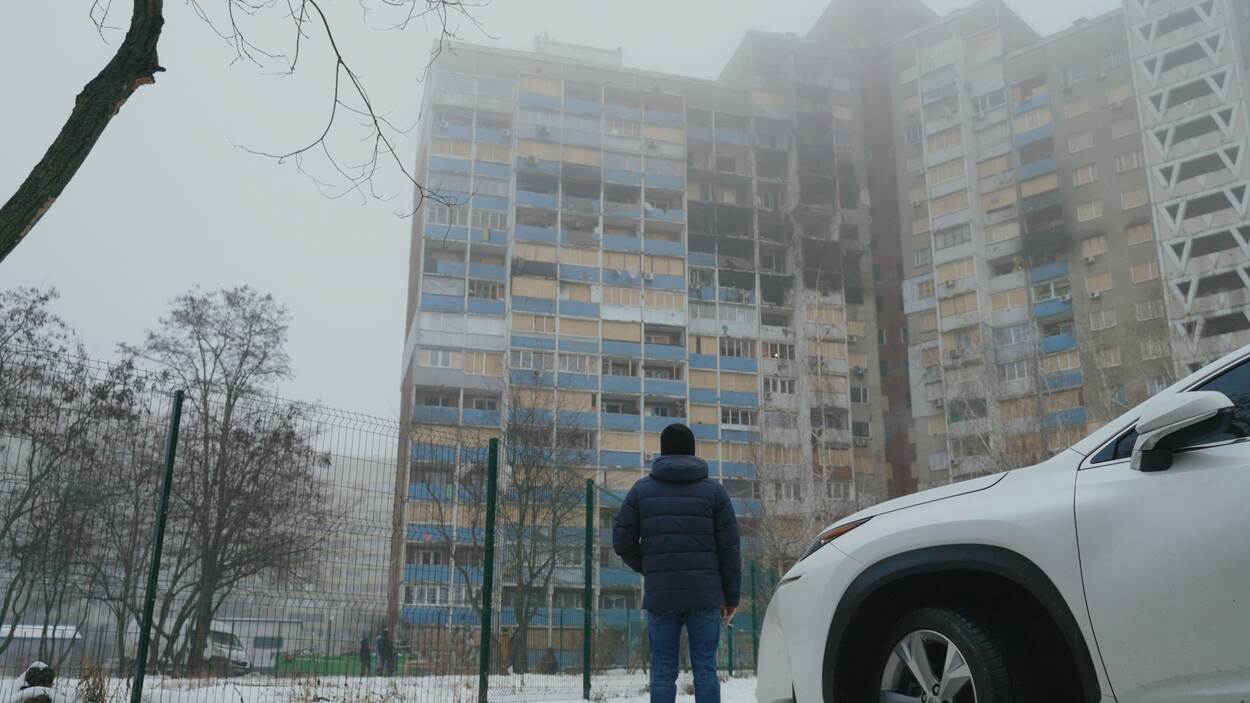Offensive presents approach to tackle attacks using explosives
In 2024, 1,543 attacks or attempted attacks using explosives took place in the Netherlands. That is an increase of 71% compared to 2023. The Offensive against Explosions today presents the action plan aimed at reversing this rising trend. To achieve this, the Ministry of Justice and Security (JenV), the National Police, the Public Prosecution Service, Aedes (on behalf of housing associations), municipalities, the Dutch Association of Insurers, probation organisations, VNO-NCW and MKB Nederland (on behalf of the business community) are joining forces. Together, they take measures and interventions that address all facets of violence with explosions: prevention, detection and prosecution, aftercare and local response.
Carola Schouten, president of the Offensive against Explosions:
“Nowhere in Europe are so many attacks committed using heavy fireworks and explosives as in the Netherlands. The consequences are far-reaching: residents and neighbours lose their sense of security, properties are badly damaged and the risks to public order are high. In some cases, this has resulted in fatalities or serious physical injuries. This calls for a joint approach. The Offensive against Explosions, in which the ministry, municipalities, police, public prosecution and public-private parties participate, is pulling out all the stops to achieve a sharp reduction in the number of explosions.”
Action plan
The Offensive’s action plan sets out priorities for the coming period in terms of prevention, detection and prosecution, and aftercare and local response. The Offensive maintains a dynamic working method whereby actions and measures are adjusted based on what works and what does not, and on new knowledge and insights. For the coming year, the target is to reduce the number of attacks by at least 10%.
Prevention
Efforts are being made to prevent attacks with measures to reduce the source of the offenders. For example, by using targeted communication to make the often vulnerable potential offenders more resilient to the temptations of fast money. Thus, the coaches of ‘Alleen Jij Bepaalt wie je bent‘ (Only You Determine Who You Are) are trained in dealing with explosives. ‘Alleen Jij Bepaalt wie je bent’ is a recognised behavioural intervention in which young people aged 10 to 18 are guided by trained coaches who act as role models and mentors. These coaches will start workshops for young people on the topic of explosions in late April. The workshops will be delivered to around 5,000 participants before the end of this year. Targeted communication is also used to increase people’s willingness to report in order to prevent explosions or repeat explosions. To this end, collaboration takes place with, among others, Meld Misdaad Anoniem (Report Crime Anonymously).
Detection and prosecution
Police and prosecutors are investing even further in detection and prosecution after attacks and they are coordinating this nationwide so that all units can optimally deploy intelligence, investigation, disruption and catching offenders red-handed when it comes to explosions. This nationwide approach offers opportunities to take even more decisive action against criminal networks, including those instructing the attacks, brokers, facilitators and recruiters. At the same time, efforts are being made to disrupt the illegal market.
Aftercare and local approach
An action framework for municipalities is being developed to strengthen the local approach to the explosion problem. This framework addresses three phases: when there is a threat of an explosion, when an explosion has actually occurred, and aftercare for victims and the surrounding area. This action framework also devotes attention to the consequences of a home closure and/or the target of the attack having to move house, for example. Information material is also being developed or further developed, for example, for distribution after an explosion. The added value of an aftercare team (e.g. the neighbourhood police officer, a municipal employee, a housing association employee or volunteers) going into the neighbourhood shortly after the incident to provide aftercare is also being explored. The Netwerk Explosies in Gemeenten (Explosions in Municipalities Network) has also been set up to share best practices and where possible make these best practices widely applicable and disseminate them.
European crackdown on illegal fireworks
To tackle the illegal manufacture, transport and sale of heavy fireworks at the source, the Minister for Justice and Security, working with the Offensive against Explosions, is pushing for cooperation between European member states and for action at European level. International cooperation also continues to intensify at the operational level. In March, for instance, the National Police organised an international conference at Europol, bringing together police delegations from seven countries to discuss cooperation on combatting the flows of heavy illegal fireworks and explosives in Europe.
David van Weel, Ministry of Justice and Security:
“Tackling attacks that use explosives, a stubborn problem, is complex and multifaceted and requires cooperation on all fronts: from prevention to prosecution, and from local to European approaches. Heavy fireworks and explosives endanger lives. This has to stop. I am very grateful to the Offensive for the actions and measures being taken and am confident that the efforts will be effective. I remain committed at European level to countering the supply and trafficking of illegal fireworks. Together, we can turn the tide.”
Originally published at https://www.government.nl/latest/news/2025/04/16/offensive-presents-approach-to-tackle-attacks-using-explosives





